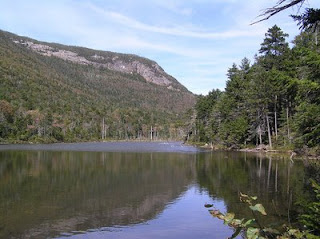Providing a classic real-life example of William Gibson's famous quote: "The future is already here – it's just not evenly distributed." in action, here is the MicroNutrient Initiative:
dedicated to ensuring that the world's most vulnerable - especially women and children - in developing countries get the vitamins and minerals they need to survive and thrive.The irony - Some of us may struggle with the choices facing us regarding deciding to use supplements to enhance our cognitive function, while others in this world suffer undue hardship due to nutritional issues. This NYT Op-Ed piece, Raising the World’s I.Q., sheds more light on cognitive deficits resulting from nutritional deficits.





































